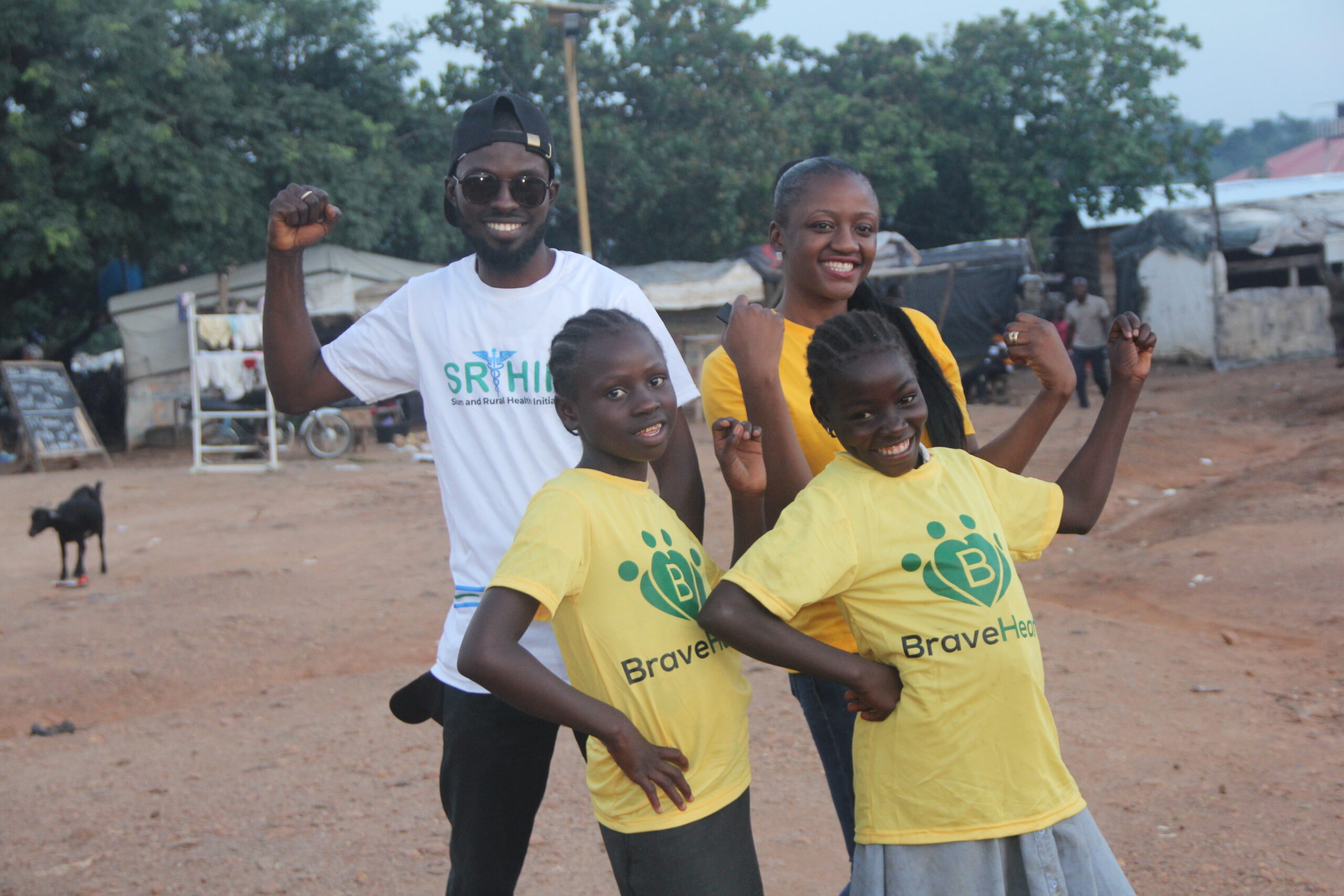Domestic violence is no longer alien, a concept. In fact, several people across the world have faced and still face one or more form (s) of violence which may be sexual, psychological, or physical. It is not news that the intimate partners of these victims are often guilty of committing the crimes.
The COVID-19 pandemic, causing countries around the world to impose lockdown, has compelled several people to spend time with their families. Reports have shown that the cases of domestic violence increase when families spend more time together, especially during holidays and celebrations. Hence, it is sad to know that while some people are enjoying their family time and catching up during this lockdown period, some others including children are not safe despite being at home.
Public Health identifies Domestic Violence as a major public health problem because of the significant number of victims recorded. For instance, intimate partner abuse alone affects over two (2) million women and 800,000 men. Reports from Kenya show that the calls for help against domestic violence increased by 34 percent in the first few days of the 7 pm-5 am curfew. In the United Kingdom, the Refugee (a charity organization in charge of Britain’s national domestic abuse helpline), reported an initial 25% spike in calls to its helpline at the beginning of April and, a 150% increase in visits to their websites. However, by May 2020, these calls skyrocketed by 66% while website visits peaked by 950%. Similar reports from countries that neglect the rights of women and children show a statistical increase in domestic violence cases.
Recently, a twenty-two-year-old lady named Halima recounted her domestic violence experience in a news report. She claimed to have returned from the marriage ceremony of her relation which held in the northern part of the country to her house in Damaturu, Yobe State, in the northeast part of the country around middle April when her 22year old husband, Ba’ari Abacha had attacked her in a fit of anger. The husband, Mr Abacha, confessed to the police that his wife disobeyed his orders by attending the ceremony, and he cut off the wife’s right hand with a matchet as punishment. The wife, while on the hospital bed at Damaturu teaching hospital, gave the report that her husband was short-tempered and swore not to return to her husband’s house in Kasaisa, ‘if he can cut off my hand then he can kill me’ she said. The husband who was a nomad had told the police he acted in that manner because of his wife’s “immoral disobedience to marital ethics” and claimed she had been travelling without his permission and that he had carried out the act out of anger, ‘I regretted my action’ he said in his local language (Kanuri) at the police station.
Also, during the COVID-19 curfew, In another African country, Amanda Basinbo’s husband had attacked her with an axe one night in May, this leading to a slashed face and a cracked skull for the sole reason of ‘denying him sex’. The husband, Kuudiyiri, who was unhappy with his wife for denying him sex, had locked his wife up for several hours in their apartment. Dissatisfied with the punishment, he picked up a quarrel with his wife. In the ensuing brawl, he picked up an axe and violently hit his wife’s head with it. Afterwards, he ran off, leaving his wife unconscious. The 12-year-old-son who had witnessed the act picked up his mother’s phone and contacted the aunt who rushed the unconscious victim to the hospital. Here, the husband not only abused the wife physically but also abused their adolescent son psychologically. Another case in Nigeria involved a man named Maaiyegun, who had allegedly beaten up his wife, after which he took a photograph of her showing her bruised face and posted it online to boast. These are some cases of domestic violence during the COVID-19 pandemic, including the unreported ones.
These stories and others like it require that, whilst we focused on dealing with the pandemic, we should pay close attention to domestic violence issues. Victims of domestic violence are prone to severe physical injury, emotional disturbances, post-traumatic stress disorder, depression, anxiety disorder, reduced work productivity, and even death.
In Nigeria, several organizations and individuals have used videos to send messages to the masses on the dangers of domestic violence and the importance of speaking up and seeking help. In addition, the Government should endeavour to create 24/7 help lines for domestic violence victims and survivors; we can also execute several campaigns through social media.
In an address, the director of programs of the California partnership mentioned that some survivors cannot reach out because they are constantly with the person causing them harm. This, therefore, increases the need for easier ways – such as code text messages and phone applications among others- by which survivors can reach out. We should also encourage the citizens should also to report any suspicions of domestic violence.
The issue of domestic violence should be a priority alongside the COVID-19 so the world does not have to deal with a double pandemic!
REFERENCES
Lisa D. (May, 2020). Advocates for domestic violence victims discuss COVID-19 challenges, ways to support victims. Retrieved from https://medicalxpress.com/news/2020-05-advocates-domestic-violence-victims-discuss.html
Titilope A. (May, 2020). Violence against women and girls in the shadow of COVID-19: Insights from Africa. Retrieved from https://kujenga-amani.ssrc.org/2020/05/20/violence-against-women-and-girls-in-the-shadow-of-covid-19-insights-from-africa/
Emmanuel K.M. (May, 2020). Man attacks wife with axe for denying him sex. Retrieved from https://www.graphic.com.gh/news/general-news/man-attacks-wife-with-axe-for-denying-him-sex.htm
Ejiro U. (May, 2020). Amidst COVID-19 lockdown, Nigeria sees increased sexual and gender violence. Retrieved from https://www.premiumtimesng.com/news/top-news/395296-amidst-covid-19-lockdown-nigeria-sees-increased-sexual-and-gender-violence.html
Caroline B. & Alexandra B. (May, 2020). A double pandemic: domestic violence in the age of COVID-19. Retrieved from https://www.cfr.org/in-brief/double-pandemic-domestic-violence-age-covid-19
Roxanne D. (January, 2019). Domestic Violence. Retrieved from https://www.medicinenet.com/domestic_violence/article.htm#domestic_violence_facts
Haley O. (May, 2020). U.K domestic violence charity says calls have surged 66% as corona lockdown continues. Retrieved from https://www.cbsnews.com/news/uk-domestic-violence-charity-huge-spike-calls-for-help-as-coronavirus-lockdown-continues/
Amanda T. (April, 2020). A New COVID-19 crisis: Domestic Abuse Rises Worldwide. Retrieved from https://www.nytimes.com/2020/04/06/world/coronavirus-domestic-violence.html




Deference to op , some great selective information .